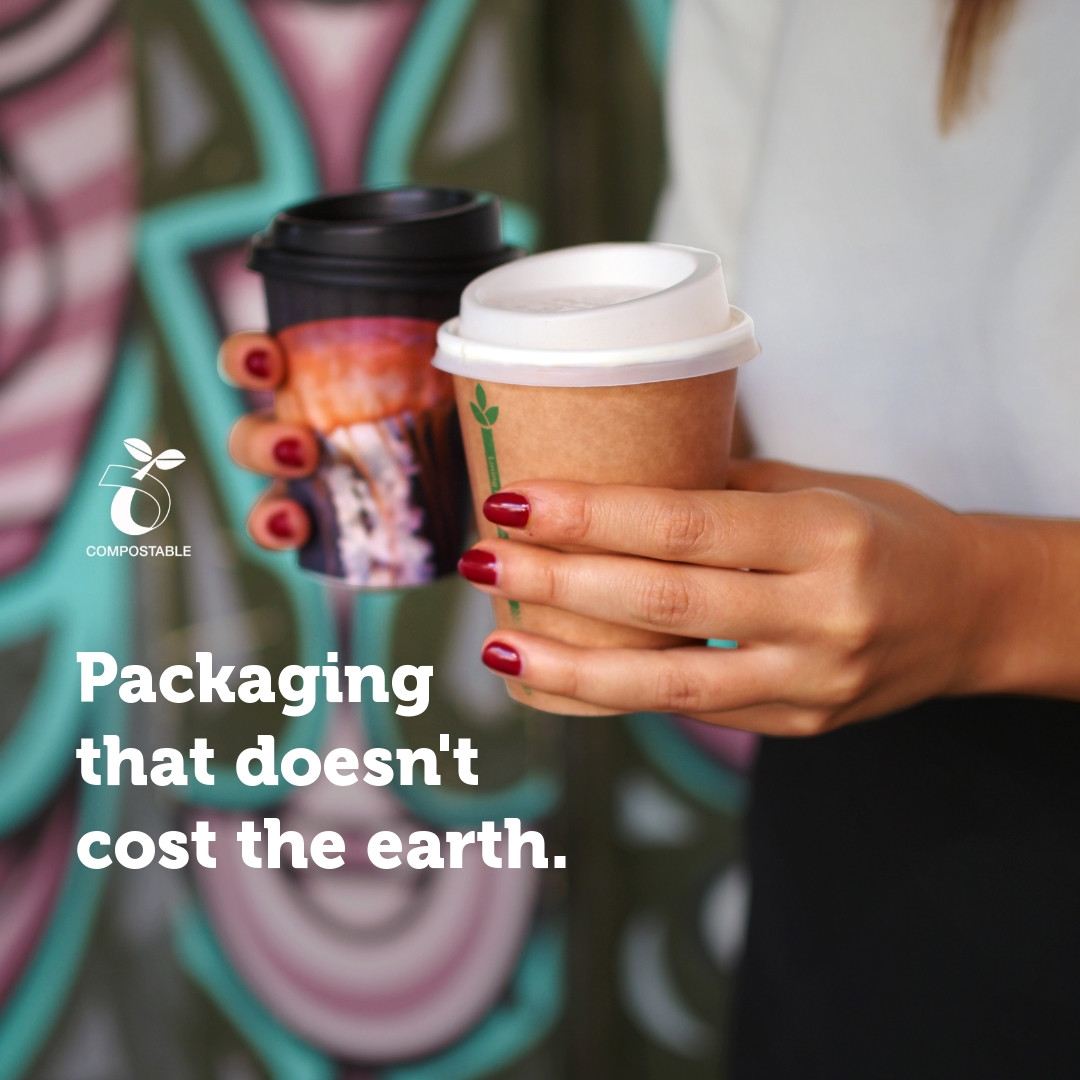
Single vs Double Walled Cups
12th Mar 2020
Have you ever been ordering coffee cups for your business and not been able to decide between single- or double-walled cups? Here is everything you need to know.

What's the Difference?
What is the difference between single- and double-walled coffee cups? Well, as the name suggests, a single-walled paper cup has one layer of paper and a double-walled has two. However, it's not quite that simple. The extra layer on a double-walled cup increases its insulation – good for hot drinks – but also increases the environmental impact due to the added resources needed. We and BioPak understand that sometimes a double-walled cup is preferable, and provide the option, but we prefer single-walled.
A Little Change with a Big Impact
By switching to single-walled coffee cups, you can reduce your business's environmental footprint. Single-walled cups require less energy and paper to manufacture. Transport-related emissions will be lower, as single-walled cups have less weight and fit into more compact cartons. But, you say, the extra layer of paper is so thin! Is it really going to make such a difference? Consider the number of coffee cups your business would go through in a year. Now consider that, for each cup, changing from double- to single-walled would:
- Reduce paper board by 55%
- Reduce paper weight by 44%
- Reduce carton size by 29%
- Reduce carbon footprint by 20%
Over a year, this is going to add up.
Not All Cups are Created Equal
The paper BioPak uses comes from sustainably sourced paper plantations. BioCups are made with a heavy-duty premium quality paper board, with paper sourced from sustainably managed plantations. Single-walled cups are suitable for serving milk-based beverages up to 80 degrees Celsius. If only a small percentage of your sales are hot tea and long blacks, double-cupping is more economical than using double-walled cups for all takeaway hot drinks.
Information taken from BioPak's website. To read about plastic-free initiatives at universities and why there is push-back on these movements, head to our blog.
Planet Friendly Packaging acknowledges the traditional custodians of the land on which we work.

